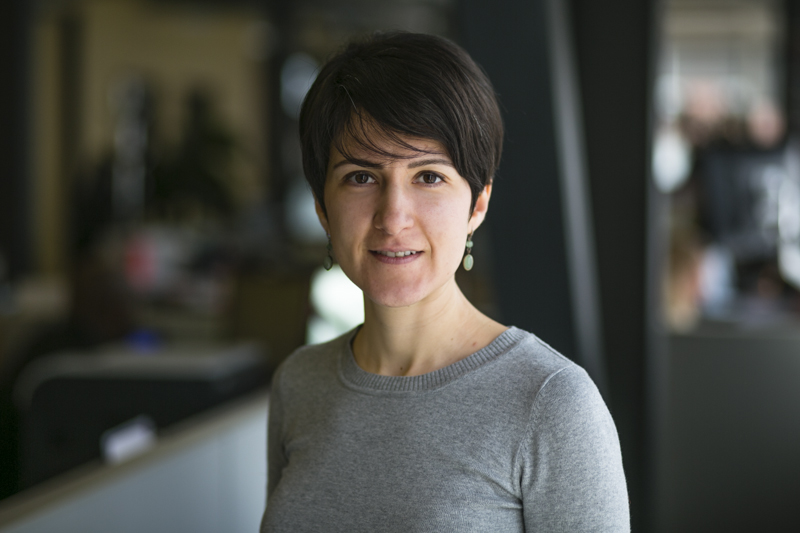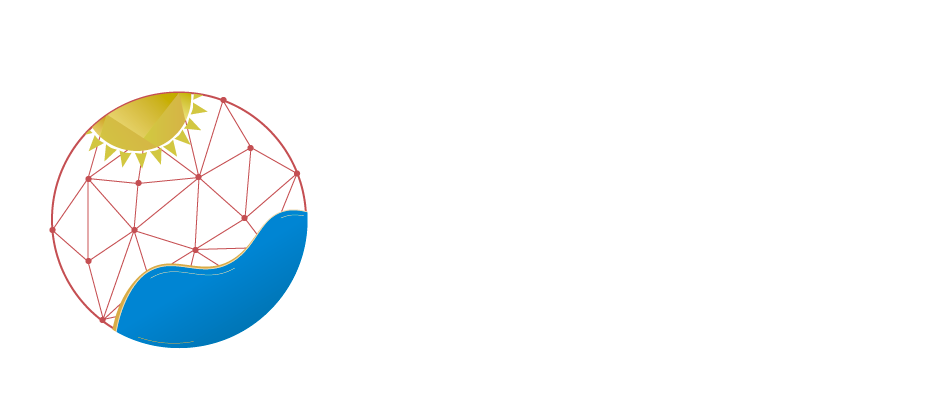
LEILA ZIA
Head of Research at the Wikimedia Foundation, the
foundation that operates Wikipedia and its sister projects. Her
research interests include understanding, quantifying and addressing
the gaps of knowledge in the Wikimedia projects. She has served as the general co-chair of The Web Conference 2019 (formerly known as WWW), and the program committee co-chair of The Web Conference 2021. She received her PhD from Stanford University in Management Science and Engineering.
M.C. SCHRAEFEL
m.c. schraefel holds the post Professor of computer science and human performance- at the University of Southampton, and leads the Wellthlab where the mission is to explore if how and where interactive technology can help #makeNormalBetter for all.
In support of this mission, m.c. has developed the “inbodied interaction” approach– to help designers and engineers who are developing health tech align their designs with the complexity of the body, to work with the body. We challenge ourselves with questions like, how redress a cultural status quo that supports being over-caloried yet under-nourished, over stressed and under slept, and where our social communication technology seems to privilege over-talking and echoing rather than listening?
In this conversation, questions m.c. invites web scientists and hypertext researchers to explore:
- What is the role of web science generally, and hypertext in particular in helping to create the infrastructure of radical cultural shift towards health?
- How do we help people build resilience of knowledge skills and practices of health on the one hand, and support the infrastructure of health and healthful practices on the other, so health is as accessible as clean water?
- how do we help people connect practice with experience of that practice so we can connect how we feel, with the pragmatics of how to feel better; and connect the pragmatics with the systems/infrastructures to enable access to those resources of wellbeing?

PANEL: Democracy and disinformation
CARLOS CASTILLO (MODERATOR)
Carlos Castillo is an ICREA Research Professor at Universitat Pompeu Fabra in Barcelona, where he leads the Web Science and Social Computing research group. He is a web miner with a background in information retrieval and has been influential in the areas of crisis informatics, web content quality and credibility, and adversarial web search. He is a prolific, highly cited researcher who has co-authored many publications in top-tier international conferences and journals, receiving two test-of-time awards, four best paper awards, and two best student paper awards. His works include a book on Big Crisis Data, as well as monographs on Information and Influence Propagation, and Adversarial Web Search.
RUTH RODRIGUEZ-MARTINEZ
Dr. Ruth Rodríguez-Martínez is professor of Journalism for the Communication Studies Department at Pompeu Fabra University, Barcelona. Her main lines of research are Media Accountability, Disinformation and Media in Democratic Transitions. Since 2007 she has participated in seven national research projects funded by the Spanish Ministry of Science, two of them as principal investigator, and participated in two projects funded by the European Commission. She has carried out research analysis focused on the impact of innovative mediaaccountability instruments in the Spanish media context; the comparative study of media accountability instruments in different geographical areas of Spain; and the role of fact-checking platforms with a comparative vision between Spain and Latin America. She is a member of the Spanish Evaluation and Prospective Agency (ANEP) and member of the Consell de la Informació de Catalunya (CIC).
FREDERIC GUERRERO SOLE
Frederic Guerrero-Solé is a lecturer and researcher at the Universitat Pompeu Fabra (UPF) in Barcelona. He is the current deputy of research of the department of Communication at the UPF. His main research lines are social media, media effects and political communication. He is the PI of the Project DATAPOP “Polarization, duplication of active audiences and populism on Twitter. Analysis of the influence of populist discourses on political debates in Spain (2016-2020)”. funded by the Spanish Ministry of Science and Innovation. He has published several papers on social media and political communication in Spain in journals such as Information, Communication and Society, Social Science Computer Review, or Social Media + Society. He has been a visiting scholar at the Queensland University of Technology in 2017.
EMANUELE COZZO
Emanuele Cozzo is lecturer at the Physics of Condensed Matter Department of the Universitat de Barcelona and is external associate researcher at the Communication Networks and Social Change research group of the Universitat Oberta de Catalunya. His main research lines are in the field of the sociophysical modeling and analysis of complex technosocial systems. Information diffusion, opinion dynamics, and the emergence of polarization and collective identities are his main topics of interest. He is a founding member of Heuristica, a NGO dedicated to the training, participatory research and disintermediation in technoscience.
